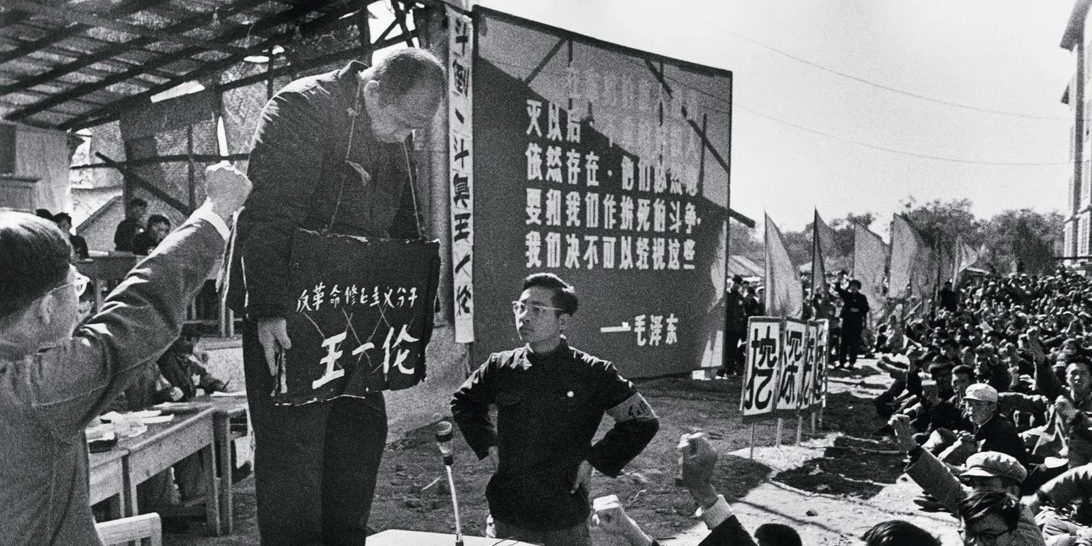This superb piece, originally published in Newsweek, offers the authors’ celebrated positive program of Merit, Fairness, and Equality, whereby university applicants are treated as individuals and evaluated through a rigorous and unbiased process based on their merit and qualifications alone.
DORIAN S. ABBOT AND IVAN MARINOVIC , PROFESSORS

American universities are undergoing a profound transformation that threatens to derail their primary mission: the production and dissemination of knowledge. The new regime is titled “Diversity, Equity, and Inclusion” or DEI, and is enforced by a large bureaucracy of administrators.
Nearly every decision taken on campus, from admissions, to faculty hiring, to course content, to teaching methods, is made through the lens of DEI.
This regime was imposed from the top and has never been adequately debated. In the current climate it cannot be openly debated: the emotions around DEI are so strong that self-censorship among dissenting faculty is nearly universal.
The words “diversity, equity and inclusion” sound just, and are often supported by well-intentioned people, but their effects are the opposite of noble sentiments. Most importantly, “equity” does not mean fair and equal treatment. DEI seeks to increase the representation of some groups through discrimination against members of other groups.
The underlying premise of DEI is that any statistical difference between group representation on campus and national averages reflects systemic injustice and discrimination by the university itself.
The magnitude of the distortions is significant: for some job searches discrimination rises to the level of implicitly or explicitly excluding applicants from certain groups.
READ MORE HERE . . .
Dorian S. Abbot is an associate professor of geophysics at the University of Chicago. In his research he uses mathematical and computational models to understand and explain fundamental problems in Earth and planetary sciences.
Ivan Marinovic is an associate professor of accounting at Stanford Graduate School of Business. In his research he uses game theory to understand incentive and information transmission problems in capital markets.

